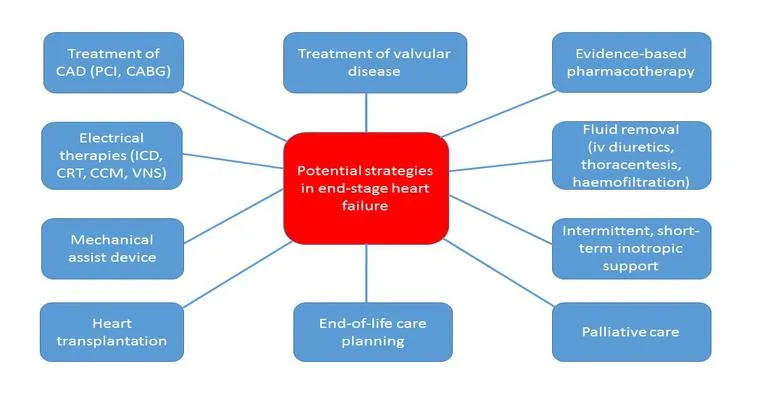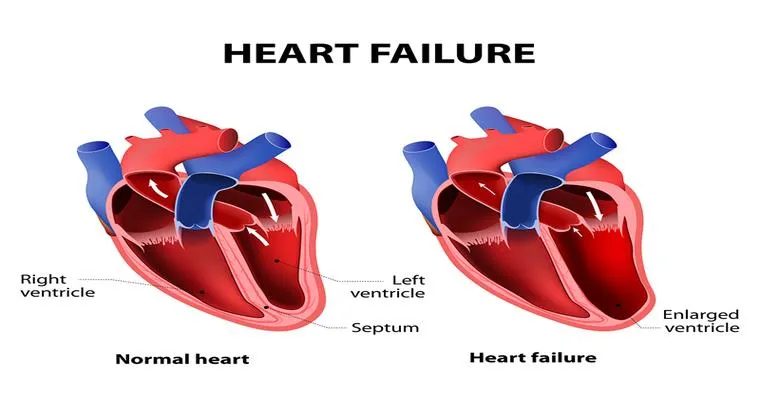When facing the "end stages of heart disease", patients and their families often encounter a difficult journey filled with emotional, physical, and spiritual challenges. "Hospice care" is a compassionate option designed to provide support and comfort during this critical time. Understanding the role of hospice care can help families make informed decisions about what is best for their loved ones while ensuring they receive the dignity and respect they deserve.
Heart disease is a leading cause of death worldwide, and as it progresses, patients may experience a decline in their quality of life. Traditional medical treatments may no longer be effective, leading many to consider hospice care as a viable alternative. Hospice focuses on "palliative care", which prioritizes relieving symptoms and enhancing the quality of life for patients who are no longer seeking curative treatment.
One of the primary benefits of hospice care for those with end-stage heart disease is the "multidisciplinary approach" it employs. This includes a team of healthcare professionals such as doctors, nurses, social workers, and spiritual advisors who work collaboratively to create a care plan tailored to the patient’s needs. This holistic approach ensures that not only the physical symptoms are addressed, but also the emotional and spiritual well-being of both the patient and their family.
Patients in hospice care receive comprehensive support that includes pain management, emotional support, and assistance with daily activities. This can be particularly important for those suffering from heart disease, as symptoms such as shortness of breath, fatigue, and discomfort can significantly impact their daily lives. With the right hospice care, patients can find relief from these symptoms, allowing them to spend their remaining time in a more comfortable and peaceful state.
Families also benefit significantly from hospice care. The emotional toll of caring for a loved one with heart disease can be overwhelming. Hospice provides education and resources to help family members understand the disease process, what to expect, and how to care for their loved one effectively. Furthermore, respite care is often available, allowing family caregivers to take breaks to recharge and care for their own well-being.
Another critical aspect of hospice care is the emphasis on "advance care planning". This involves discussions about the patient’s wishes regarding medical treatment and end-of-life care. Establishing clear goals and preferences can help ensure that the patient's wishes are respected, providing peace of mind for both the patient and their family.
It's important to recognize that hospice care is not limited to the final days of life. Many hospice programs allow patients to enroll when they have a prognosis of six months or less to live. This early involvement can lead to better symptom management and improved quality of life during the final stages of heart disease.
In conclusion, hospice care for the end stages of heart disease provides a compassionate and supportive environment for patients and their families. By focusing on "palliative care", emotional support, and advance care planning, hospice can offer a dignified and peaceful end-of-life experience. If you or a loved one are facing the challenges of advanced heart disease, consider exploring hospice options to ensure that you receive the care and support you truly deserve.





